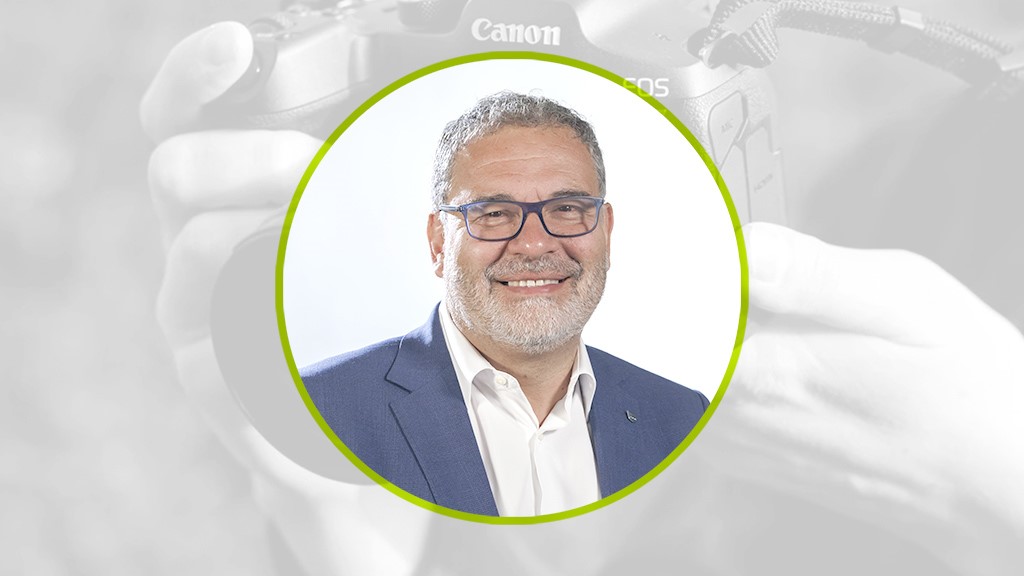
On numerous occasions, when looking for a new job, professionals must face different filters in the process of selecting an organization. Ramon Perez, Manager at Walters People, the Robert Walters Group’s specialized recruitment and temporary work company, answers the most common questions among professionals actively seeking employment.
How can I include all my work experience in the CV without making it too long?
This depends on how much work experience you have, both in number of different positions, and in years worked. If you started your career in 1995 and have held seven roles since then, it’s best to include only your most recent responsibilities. You do not want your CV to be very long and it is likely that your first jobs will not be as relevant as the last ones you have developed.
However, if you have just entered the labor market, the most sensible thing is to include all your professional experience so that those selection consultants or members of human resources in a company, They can see that you are always developing your skills. The same thing happens in a job interview: if you are asked about your professional experience, mention only those jobs that are relevant to the professional vacancy for which you applied.
How should I start my CV? With professional experience or with education/training?
Once again, it depends on how much experience you have. If you’re looking for your first “real job,” it’s smart to start by describing your education and move on to work experience and other activities like courses. If, on the other hand, you already have a stable professional career, your training is less relevant than your experience in the position or sector of the job vacancy.
Really, none of this matters as long as your CV is well structured and concise, so that at a single glance it is possible to analyze it and find the key points that fit the description of the vacancy.
How can I make my CV stand out?
Many people think that to make a CV stand out, you have to fill it with colors, images, different fonts and graphics. The trick is much simpler than this.
If your CV is correctly structured because, for example, it follows the chronological order with a bullet point list, you have won me over! It seems incredible, but there are many professionals who do not do this, which is what helps the most to read and quickly find key data.
Of course, you can give your CV your personal touch by using a template with some color, but my main advice is “keep it simple”.
You can also create a CV that stands out by adapting it to the job vacancy in which you want to present it. For example, you can emphasize those skills and abilities that are relevant and stand out for the position you are applying for.
Is it advisable to talk about salary in the first interview?
Of course! Everyone wants to know their salary before reaching an agreement. If you feel uncomfortable bringing up salary, try bringing it into the conversation in a subtle way.
For example, instead of asking “how much am I going to earn?”, try saying “can you tell me what the salary band is for this type of position?”, or “what is the salary range for this type of responsibility within of the company?”. This way you can make the interviewer feel comfortable and give you a clear and concise answer to your question.
How long should I wait for a response after my interview?
There is no set period of time to expect feedback from the interviewer. Some companies can call you in less than 48 hours, but others have a fairly long selection process, so they can contact you after a week or even more.
Make sure you have a clear idea of how many interviews you would be willing to have and when you expect clear feedback from each one. Imagine that the interviewer has indicated that she will call you during the following week, if 4 days have passed without any response, calling to ask for feedback may be correct.
However, make sure you show yourself motivated and you are curious, and that you transmit that you are not an insistent person. If the recruitment consultant or the person in charge of HR has shared with you an exact date of when each moment of the process ends, you should not contact them before then.
May I ask how many candidates are they interviewing?
Of course, it is always good to know how many people you are “competing” with. Most organizations will have no problem answering this question, but sometimes the interviewer decides not to share this information. If this is your case, you should respect their decision.
Should I notify the company if I am in other selection processes?
This depends on you. Telling the interviewer that you are in other selection processes can give you some advantage, since it shows that your profile is in demand and can speed up the whole process, because the company thinks that you may not be available for a long time. Of course, if you feel uncomfortable sharing this information, you are not obligated to do so.
introduce yourself to two different job vacancies, Within the same organization, it can imply two different things: that you are indecisive or that the company and its organizational culture are more important to you than the position itself.
Whatever the reason, it is vitally important that you can correctly explain why you are applying for both job offers, so you should prepare your answer. Carefully study each of the positions and review which are the skills and professional experience that fits with them. This will show the interviewer that you are aware of the differences between one position and another, and gives you the opportunity to show that you are really interested.
How do I control nerves during a job interview?
Controlling the nerves or stress prior to an interview begins with an exhaustive preparation for it. Study the job offer thoroughly, look up information about the organization and prepare yourself for some of the most difficult questions to answer. That way, if you go blank for a moment, you can always fall back on the speech you’ve prepared.
Another important point is to remember that you are in front of a person, not a machine, so focus on having a good time getting to know a person, who, after all, represents the company you could be part of in the future. If you feel your nerves rising during the interview, I advise you to take a deep breath and don’t forget to smile. It may sound strange, but believe me it really works.
Is a recession period a good time to look for a job?
We are already experiencing a change in the work model after the health crisis. Now, despite inflation and the specter of a possible economic crisis, the labor market is quite active.
I recommend you to be proactive and send your CV to those companies in which you would like to develop your professional career. This will show them your proactivity and enthusiasm, and they will remember you when they have a vacancy that fits your profile.
In addition, creating a strong relationship with a specialized search and selection consultant is also a good idea, as they can submit your CV to a selection process that has not yet been published on employment websites such as Infojobs or LinkedIn, so you can Find out about this job opportunity before anyone else.



